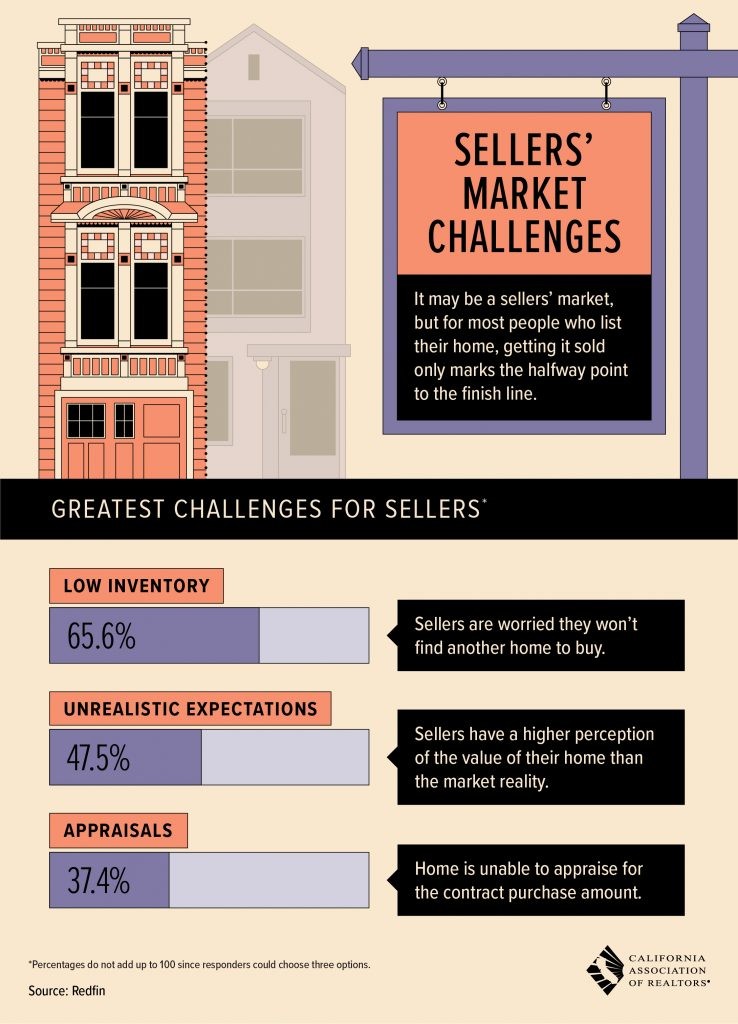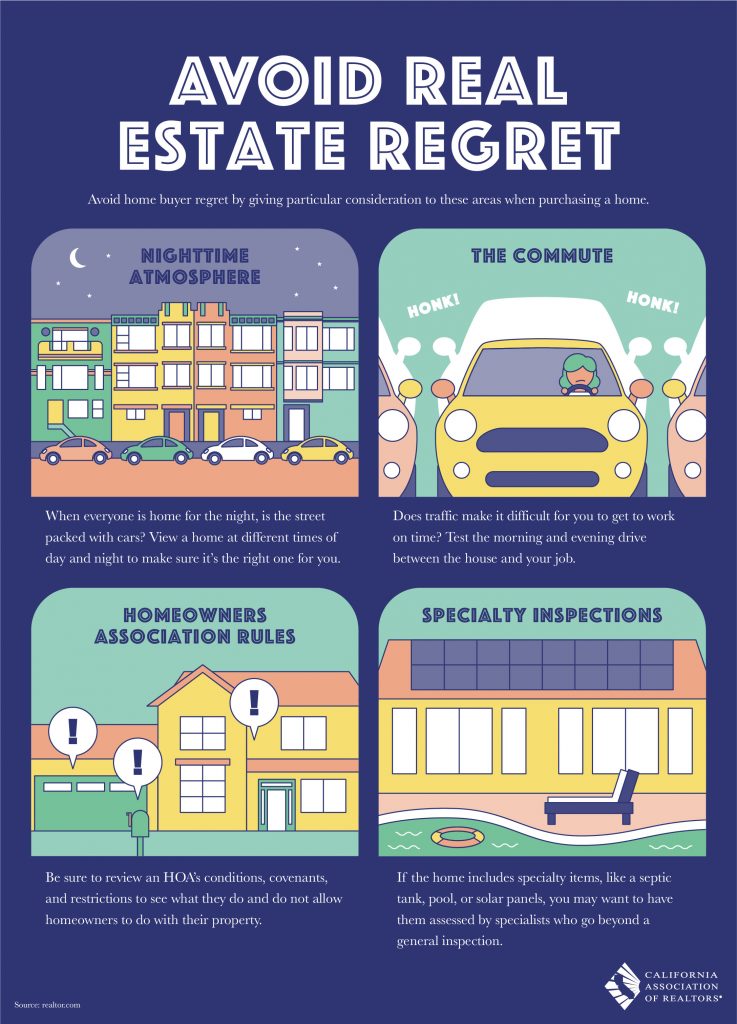The National Association of Home Builders changed its stance on one of the most highly debated homeownership conversations: the importance of the mortgage interest tax deduction.
“This is the first time in NAHB’s 75-year history that we have been open to the idea of broader options regarding housing tax incentives,” said Granger MacDonald, NAHB chairman and a builder and developer from Kerrville, Texas. “Now is the time to reform tax policy, and housing will not be left behind in this process.”
As one of the top lobbyists on Capitol Hill, for NAHB to put out an announcement on what it thinks about the MID is a big deal.
One of the only other housing groups that’s as vocal on the importance of the MID is the National Association of Realtors.
And to put in perspective exactly how much NAHB supported the MID, back in June, NAHB kicked off National Homeownership month by voicing its concerns over the House Republicans’ tax plan, which threatened the future of the MID. NAHB stressed that the mortgage interest deduction has been a cornerstone of American housing policy since the inception of the tax code.
Read the rest HERE.

